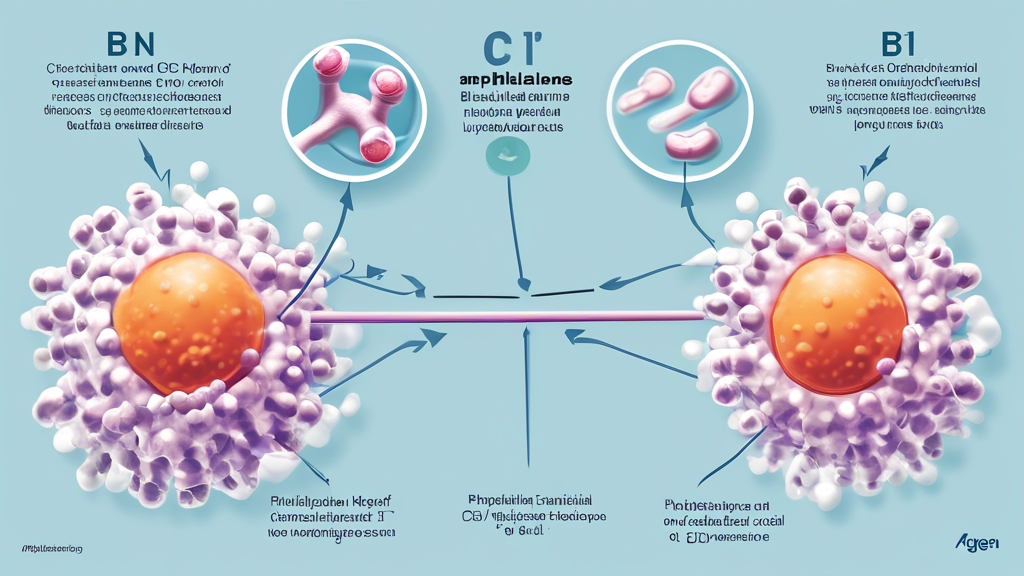FDA Approves Amgen’s Blincyto for Expanded Use in Leukemia Treatment
The U.S. Food and Drug Administration (FDA) has expanded the approval of Amgen’s Blincyto (blinatumomab) to include the treatment of adults and children with B-cell precursor acute lymphoblastic leukemia (B-ALL) that is CD19 positive and Philadelphia chromosome-negative. This decision marks a significant step forward in the battle against this aggressive cancer, providing a new hope for patients who are in need of effective treatments.
Understanding the Significance of Blincyto’s Expansion
Blinatumomab, marketed under the name Blincyto, is a bispecific CD19-directed CD3 T cell engager. This means it works by bringing together two types of cells: the patient’s T cells (a type of immune system cell) and the cancer cells, to encourage the immune system to attack the cancer. The therapy is particularly used in cases where the cancer has not responded to or has returned after standard treatments.
The approval for this expanded use is based on the efficacy and safety outcomes from clinical trials that demonstrated the significant impact Blincyto can have on patients with CD19-positive, Philadelphia chromosome-negative B-ALL. The therapy has shown the ability to achieve high rates of remission in a population of patients with very limited treatment options.
Implications for Patients
This latest FDA approval opens up a much-needed treatment avenue for patients diagnosed with this particular form of leukemia, which is characterized by the production of too many immature white blood cells known as B-cell lymphoblasts. This form of leukemia is difficult to treat, especially in cases where it is recurrent or refractory. Having a Philadelphia chromosome-negative status typically means that patients have fewer treatment options available to them, which makes the approval of Blincyto all the more critical.
Blincyto’s ability to target cancer cells more precisely and activate the patient’s own immune system to fight the cancer offers a promising option beyond traditional chemotherapy, which can be both challenging and less effective for certain patient groups. This can potentially lead to better outcomes in terms of remission and survival rates for patients.
Looking Ahead
The FDA’s decision to approve the expanded use of Blincyto underscores the importance of ongoing research and innovation in the field of oncology. It highlights how targeted therapies and immunotherapies are becoming increasingly crucial in the fight against cancer. As further research is conducted, it is hoped that treatments like Blincy led by will continue to show benefits for other types of cancers or in combination with other therapies.
For now, the extended approval of Blincyto provides a new layer of optimism for patients battling CD19-positive, Philadelphia chromosome-negative B-ALL, and for their families. It represents progress in the continuous effort to provide more effective, targeted treatment options for all cancer patients.















